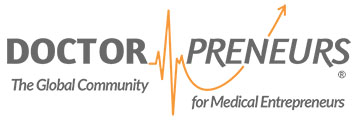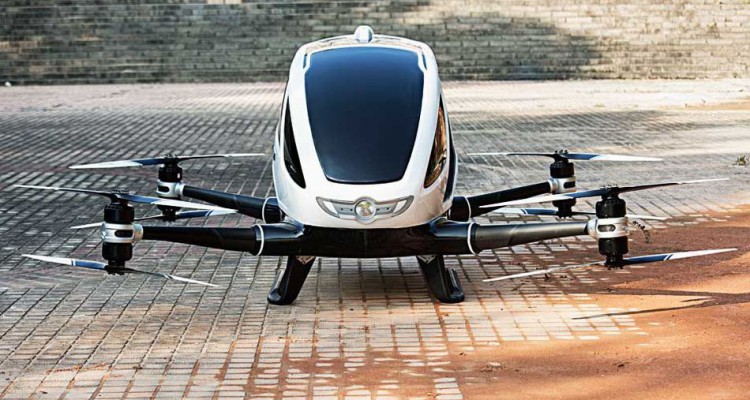The age of drones has arrived and now both autonomous driving AND autonomous flying are becoming more of a reality. Companies from new startups to established businesses like Google and Amazon are fighting for a piece of the sky, looking at best modes of incorporating drones into our lifestyle.
Following on from our previous article on medical drone startups, here is an updated list of the most promising drones that have the potential to revolutionise healthcare in the near future.
1. Seattle’s VillageReach
This Seattle based global non-profit company has teamed up with Matter Net, a drone company in Silicone Valley which focuses on autonomous transport. The current project being trialled looks at transporting blood samples from remote community hospitals to a large hospital in Lilongwe, the country’s capital city.
2. Flirtey
Drone deliveries of first aid kits and emergency medication are getting one step closer as Nevada based startup, Flirtey made its own autonomous delivery of food, water and a first aid kit.
3. EHang
EHang has signed a contract with Lung Biotechnology PBC in US to develop up to 1,000 units of its 184 drone, the world’s first autonomous drone capable of transporting a human. The purpose is to automate transportation of donated organs to people all over the country in emergency situations.
4. ZipLine
ZipLine, a San Francisco based UAV startup has earlier this year signed a contract with the government in Rwanda to trial transporting blood for transfusion across the country.
Here’s the official video going into more detail:
5. TU Delft
The TU Delft Ambulance Drone has been designed as a prototype integrating a cardiac defibrillator and a 2-way communication radio + video into the drone. In case of cardiac arrest, the emergency services would send out the drone to the patient and bystanders would be instructed on how to perform CPR and start using the automatic defibrillator until the emergency services arrive to take over.
6. Google Drones
Google has also filed a patent for a drone that would bring medical aid to people in distress. Just as the previous example, the drone would arrive to the scene before an ambulance can get there. The patent also included a device (or maybe a future app) that allows you to select the nature of the emergency and will also display the drone’s ETA.
7. Project Wing
Google’s parent company Alphabet has also been working on Project Wing to be used for disaster relief and delivery of food, clean water and other medical supplies. The project has been successfully tested both in U.S (partially) and Queensland, Australia. It has last month received full approval from the Federal Aviation Administration (FAA) to undergo full scale testing at one of the FAA approved sites.
8. Healthcare Integrated Rescue Operations (HiRO)
Subbarao from Hattiesburg, Mississippi is working on delivering a telemedicine drone to better deal with the after-effects of natural disasters on US soil. Following previous tornados which left residents stranded, unreachable by ambulances, he envisions his drone to be guided by GPS and be capable of dropping off equipment relevant to the emergency situation.
9. Vayu Drones
Operating in Madagascar, Vayu Drones have now been successfully used to delivery stool and blood samples to the country’s central laboratory for testing. Although the drone looks like an airplane, it has the ability to take off vertically thus requiring no runway. It will then fly autonomously to its destination.
If you liked this article, don’t forget to share it on FB, Twitter and to join Doctorpreneurs to get the latest medtech updates, events and medical startup opportunities straight to your inbox! Come to our startup school event in November to learn more about starting up your own business.










